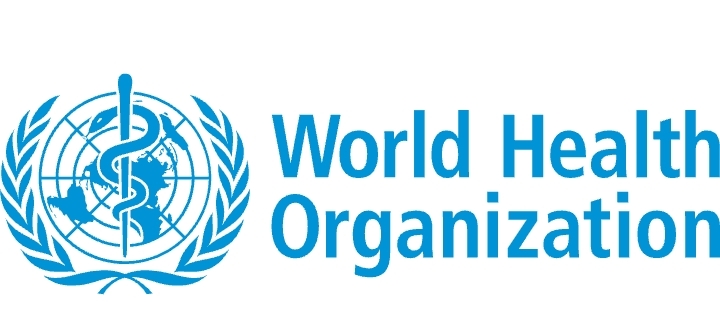The World Health Organization (WHO) has launched a $1.5 billion Health Emergency Appeal (HEA) for 2025 to fund health interventions worldwide deveining it as the primary factors fueling prolonged health crises persist.
The aim of this appeal initiative is to support communities affected by conflict, climate change, displacement, and disease outbreaks with humanitarian assistance.
WHO Director-General (DG), Dr. Tedros Adhanom Ghebreyesus, underscored the urgent need to address 42 ongoing health emergencies, including 17 Grade 3 crises.
With health systems under immense pressure and financial resources stretched thin, the WHO seeks to address urgent health needs in crisis-affected regions.
Read Also: First tuberculosis diagnostic test met prequalification — WHO
WHO DG Dr. Ghebreyesus emphasized that health emergencies are no longer sporadic but have become persistent and increasingly complex.
“From controlling cholera outbreaks to providing mental health support in conflict zones, WHO’s work extends beyond the immediate care we provide. We empower communities to protect themselves, prioritize equity, and build a legacy of preparedness. This appeal is about enabling WHO to save lives, protect the right to health, and provide hope where there is none,” he stated.
The appeal outlines WHO’s commitment to supporting vulnerable populations in conflict-affected areas such as the Democratic Republic of the Congo, the occupied Palestinian territory, and Sudan.
The agency’s response focuses on delivering essential medical supplies, treating malnutrition, conducting vaccination campaigns, and addressing mental health needs among displaced and traumatized communities.
These challenges exacerbate vulnerabilities, making emergency preparedness and response more critical than ever.
“This appeal is about more than just funding – it is a call to action. As crises grow more frequent and severe, the gap between global needs and available resources continues to widen. Supporting WHO’s Health Emergency Appeal is a vital investment in global solidarity and health equity,” the document noted.
A spokesperson for the WHO said the new U.S. administration had not yet taken office and needed time to do so, in response to questions about the future of the partnership.
“WHO values greatly its relationship with the US and is committed to maintaining and strengthening it,” she added. “WHO will do everything to cooperate with the incoming US administration.”
Public health experts in the U.S. and globally said the WHO was hoping for the best but should be preparing for the worst.
“For those of us… who are fighting for WHO in conversations with key people, they are not making my life easier or giving us any ammunition. We want them to say we understand the problem, we could do better,” said Ashish Jha, dean of the Brown University School of Public Health and former COVID-19 White House coordinator.

